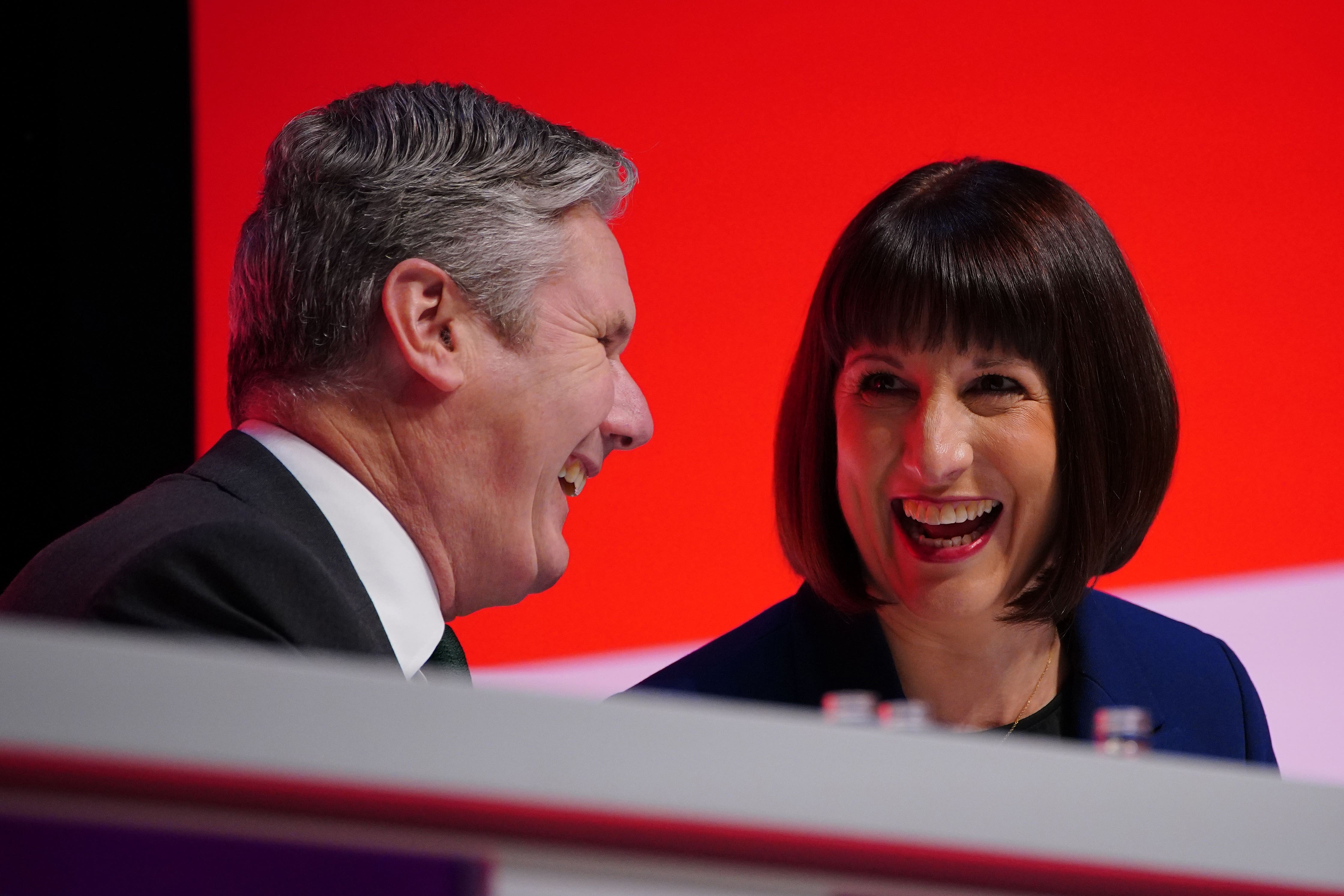The key piece of advice Rachel Reeves needs to take from Alistair Darling
The late former chancellor of the Exchequer helped steer the country through one of its worst financial crises, writes Andrew Grice. Labour could stand to learn a lot from him


Standing in my kitchen, Alistair Darling told me why he had to bail out the banks during the 2008 financial crisis: they were two hours away from running out of money and switching off their cashpoint machines.
I was stunned. A couple of days after our boozy dinner with our wives, I asked the former chancellor for an interview. He agreed and confirmed his revelation.
"I could hardly say no to you, could I?" he told me later, referring to the dinner, admitting his publisher "wasn’t best pleased" because this was going to be a key disclosure in his forthcoming memoirs.
Such decency is rare in a politician; most would have told me to wait for their book. For the vast majority I have met in 41 years on the Westminster beat, it is, as they say in The Godfather, “business, not personal”. Darling was one of the few with whom it was personal. His dry, self-deprecating wit made him great company. Unlike most in his trade, he didn’t blow his own trumpet – one reason why he was underrated. He was most definitely in it for public service, not himself. Despite the efforts of Kremlinologists like me to label him a Blairite or Brownite, he was his own man – and a better politician for it. The UK was fortunate to have such a calm figure at the helm during the financial storm.
After his death from cancer at the age of 70, Labour will miss his wise counsel. Rachel Reeves, the shadow chancellor, described him as "a great friend” and “mentor” to whom she spoke regularly. He cheered her on as he watched her response to last week’s autumn statement on TV. Recently, he urged her to avoid “Tory traps”, which was prescient: Jeremy Hunt laid another one by cutting national insurance contributions (NICs). Darling also told Labour to show where its money would come from and that its numbers added up.
Reeves will miss his advice, just when she needs it. Labour’s gloom about its economic inheritance has deepened because Hunt’s package included £20bn of public spending cuts he pencilled in to create room for his NICs reduction.
On Thursday, the chancellor accused Labour of being “fundamentally dishonest” about its tax and spending plans, but that really was the pot calling the kettle black – he has refused to say where the cuts would fall, and his public spending programme from April 2025 is a blank page. Tory commitments on the NHS, schools and defence mean a 2.3 per cent reduction in other budgets – including the Home Office (responsible for the police) and a criminal justice system already creaking, as The Independent has shown.
The Labour left fears Keir Starmer would implement “Tory austerity” and is alarmed the party cannot attack over “Tory cuts” because that would invite more questions about whether Reeves would increase tax or borrowing to avoid them.
I suspect Labour would end up raising taxes but, to prevent the Tories from priming their “Labour tax bombshell,” does not want to take that decision until it is in government. Labour insiders fear Hunt’s statement has further limited their options. While ruling out a wealth tax and income tax rise, Reeves has not yet done so on NICs. In accepting Hunt’s reduction in NICs, she can’t now increase the 10 per cent main rate that will apply from January. However, one option would be for Labour to raise the 2 per cent rate on earnings above £50,268 a year.
There’s an unresolved behind-the-scenes battle over Labour’s pledge to spend £28bn a year on green investment. It has already been pushed back to the second half of a five-year parliament and I’m told Ed Miliband, the shadow climate change secretary, is fighting demands for a further dilution. His allies say Labour must show “conviction politics”. In other words, it risks looking no different to the Tories.
In fact, neither of the main parties is being honest with voters. The Tories would struggle to implement their own spending cuts, while Labour says it would square the circle through higher economic growth, which is not bankable.
So Labour has not yet adopted one of Darling’s rules – candour. He levelled with the public, sometimes to the dismay of his colleagues. He correctly warned the banking crisis would lead to the UK’s worst economic downturn for 60 years.
When, despite resistance from PM Gordon Brown, he pushed through limited spending cuts, he admitted they would still be “tougher and deeper” than Margaret Thatcher’s.
Like Darling, Reeves would have to run the Treasury in hard times. A cabinet ally of Darling told me: “If we want to spend or borrow more, we will need to show the public that it is not open-ended and that we are capable of making tough choices. That is what Gordon never understood.”
Unfortunately for Starmer and Reeves, they will have plenty of hard choices. I think they will take Darling’s advice and bite the bullet.






Join our commenting forum
Join thought-provoking conversations, follow other Independent readers and see their replies
Comments